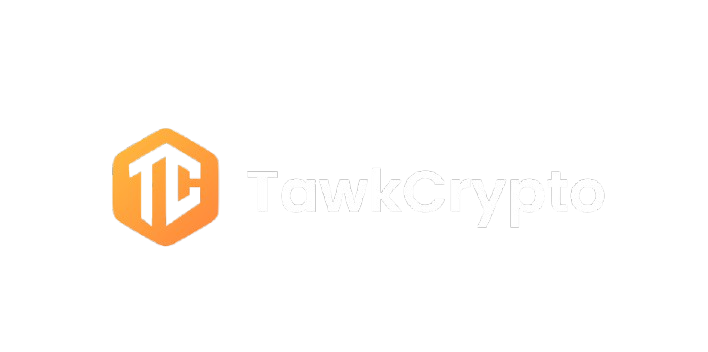In a bold move to rebuild investor confidence and restore transparency, Zimbabwe has officially launched a blockchain-based carbon credit registry, becoming one of the first African nations to digitize its environmental asset market using decentralized technology.
The registry, unveiled by the Ministry of Environment, Climate and Wildlife, is now live on its official website and allows the public to verify carbon project details, access registration documents, and confirm legitimacy via cryptographic hash values.
🔍 Why It Matters
This blockchain initiative comes after a chaotic policy reversal in 2023, when the Zimbabwean government abruptly halted all carbon trading activities, demanded a 50% revenue cut, and ordered existing projects to re-register. The crackdown, citing a lack of transparency and benefits for ordinary Zimbabweans, severely damaged investor confidence and caused several carbon offset projects to stall.
Now, the new blockchain registry is Zimbabwe’s attempt to rehabilitate its reputation on the global carbon market by ensuring every transaction is transparent, traceable, and verifiable.
🗣️ “Every transaction within the registry will be fully traceable, providing an immutable record of carbon credit issuance, trading and retirement,” said Environment Minister Evelyn Ndlovu at the platform’s launch.
“This technology ensures the integrity of our carbon market and provides the global community with confidence that the credits we trade are genuine, measurable and impactful.”
🧩 How It Works
- The registry is publicly accessible through the ministry’s website.
- It allows users to view key data like:
- Project class and account type
- Registration certificates and letters of objection
- Hash values that cryptographically prove the authenticity of documents.
- The platform was developed in collaboration with A6 Labs, a Dubai-based carbon market infrastructure firm.
🌿 What Are Carbon Credits?
Carbon credits are part of global efforts to combat climate change by incentivizing emission reductions. Under this system:
- Companies exceeding carbon limits can buy credits from those that operate below them.
- They can also fund eco-projects like reforestation to offset emissions.
- But fraudulent claims and unverifiable credits have plagued the market, making blockchain a promising solution to boost integrity.
🔁 Rebuilding Trust After a Rough 2023
The return to carbon markets comes after what Bloomberg called a “breach of trust” in Zimbabwe’s environmental finance sector. The government’s heavy-handed measures in 2023, aimed at restructuring revenue distribution and rooting out shady foreign-local agreements, were criticized for being abrupt and damaging.
Although the move was later reversed, the uncertainty it introduced had a chilling effect on foreign partners and climate-focused investors. With the new blockchain registry, Zimbabwe is signaling a commitment to transparency and fairness, both to the international community and local stakeholders.
🌍 The Bigger Picture
Zimbabwe joins a growing list of countries experimenting with blockchain to bring transparency to carbon markets, a space often marred by greenwashing and data opacity. If successful, the initiative could not only restore Zimbabwe’s credibility but also serve as a model for other African nations exploring blockchain-based climate solutions.

